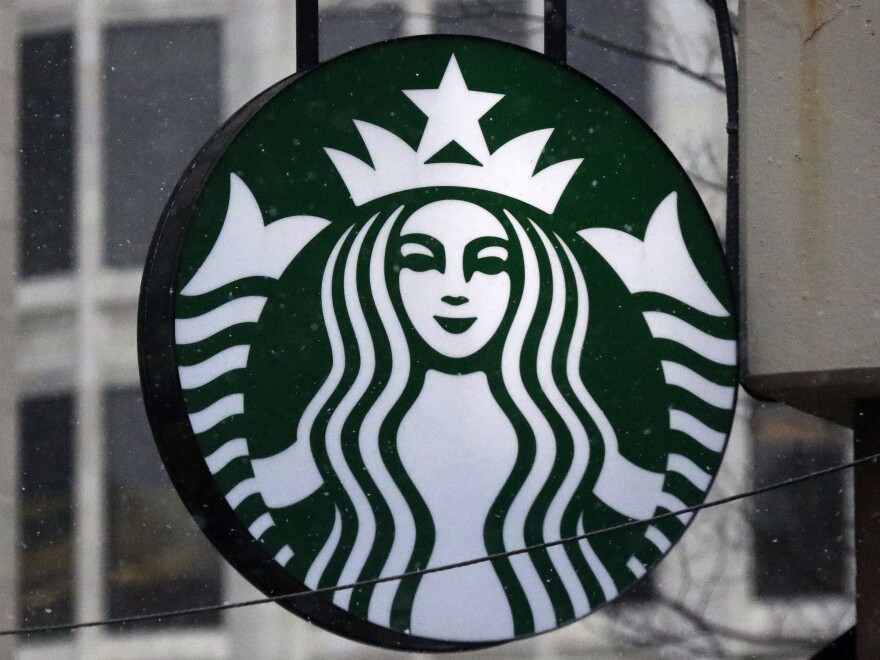Starbucks is increasing pay and benefits for most of its U.S. hourly workers after ending its fiscal year with record sales.
But the company said Monday that unionized workers won't be eligible for some of those perks, a sign of the continuing tension between the Seattle coffee giant and the union trying to organize its U.S. stores.
At least 366 U.S. Starbucks stores have voted to unionize since 2021, according to the National Labor Relations Board. But Starbucks and the Workers United union have yet to reach a labor agreement at any of those stores. Starbucks has 9,600 company-operated stores in the U.S.
Starbucks said Monday it will increase wages — which currently average $17.50 per hour — starting Jan. 1. Employees at both union and non-union stores who have worked four years or less will get raises of 3% or 4% depending on years of service.
Employees who have worked five years or more will be eligible for a 5% increase, but since that's a new benefit, it must be negotiated with Workers United and is therefore not available to unionized stores, the company said.
Workers United rejected that claim and said it will file unfair labor practice charges against Starbucks with the NLRB.
"Withholding benefits from unionized stores is against the law," the union said.
Starbucks said it is also shortening the time hourly employees must work before accruing vacation days from one year to 90 days. That benefit is also only available to workers at non-unionized stores.
The company also announced a new North American barista championship open to employees in the U.S. and Canada. The company said program also won't be available to employees at unionized stores since it involves prize money and travel.
Starbucks' actions go against a September ruling by an administrative law judge for the NLRB, who ruled that the company acted illegally last fall when it raised pay only for non-union workers. Starbucks has appealed that ruling, saying NLRB's standards don't allow employers to make unilateral changes in the wages or benefits of unionized employees.
Copyright 2023 NPR. To see more, visit https://www.npr.org.


